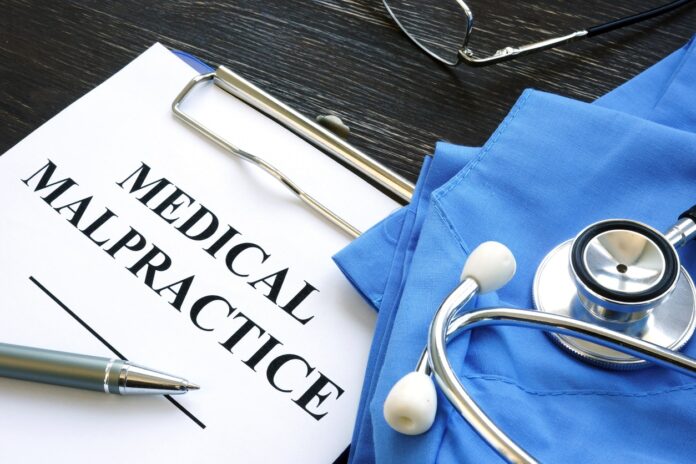Filing a successful Florida medical malpractice lawsuit will all depend on the strength of your evidence. Without it, you’ll be hard-pressed to prove that any type of medical mishaps, errors, or negligence occurred. The foundation of your case will be as strong as the documents you can provide.
Gathering the evidence necessary for a medical malpractice lawsuit is greatly improved with the help of an experienced Florida personal injury attorney. Filing a lawsuit of this magnitude without the assistance of a lawyer can easily turn into a nightmare. Many lawfirms have staff solely devoted to obtaining medical documents.
What are the Best Types of Documentation for a Florida Medical Malpractice Case?
Filing a successful medical malpractice case will require the plaintiff to supply enough evidence to prove that a medical error did occur and that as a result of this error, the condition either worsened or it caused other medical conditions. Many types of medical errors can cause life-changing conditions, and Florida’s Medical Malpractice Act gives patients the right to seek compensation for their damages. It’s important to note that Florida’s personal injury statute of limitations has been reduced to two years, so working with a lawyer to get your case filed is crucial.

Medical Records
One of the most important pieces of evidence to prove medical malpractice is your medical records. These documents will tell the entire story from your first symptoms, your diagnosis, any tests performed and their results, medications prescribed, treatment plans, and healthcare professionals’ notes.
Your medical records could be quite extensive and could come from a variety of different sources. This could include:
- Doctor’s offices
- Emergency room intake and discharge papers
- Lab results
- All documents related to hospital stays, surgeries, and procedures
- X-rays, MRIs, CAT scans, and other images from various providers
- Lists of prescribed medications from pharmacies
Medical Bills and Invoices
Your lawyer will need every medical bill and copayment receipt you have so they can properly determine the value of your damages. Medical bills can also include any transportation to and from a medical, emotional health, or physical therapy facility. Receipts for over-the-counter medications and mobility aids and any other expenses related to your medical injury should also be included.
An often overlooked aspect of medical bills is the documentation of any expected future medical expenses. Physical therapy sessions or the need to have ramps installed in your home to assist with mobility issues should also be included.

Expert Witness Testimony
To prove that a healthcare professional was negligent in a way that caused you more harm than cure, you’ll be required to provide expert witness testimony. This will be from a medical professional who will testify that you did not receive the expected standard of care and that your condition is a direct result of their negligence.
When applicable, articles and studies from well-respected medical journals may also be used by your lawyer to prove that your healthcare professional did not provide adequate treatment.
Personal Journal
Although not admissible as evidence in a Florida medical malpractice lawsuit, there is still an enormous amount of value in keeping a personal journal of everything relating to your personal injury lawsuit. Documenting every appointment and procedure can help to ensure that you have copies of these medical visits. Write down everything you can remember from conversations with your doctor or another medical professional.
Also of importance is writing down any changes in symptoms or if new ones appear. This can also include any emotional aspects of your condition including difficulties with sleep, nightmares, depression, and anxiety.

Employment Records
Part of the damages you’ll be looking to recover will be for time off from work, loss of wages, or the inability to work at all. If applicable, request all documentation from your employer that shows any time off from work related to the medical mistake.
Strong Documentation Will Strengthen Your Medical Malpractice Case
The stronger your documentation, the stronger your case will be. You’ll need to provide evidence of a medical error along with proof that you were harmed as a result. This could be a time-consuming task and your documentation could be extensive. However, it will help to ensure that you can prove your case.
With the help of your personal injury attorney, they can dig into the challenge of obtaining every piece of evidence that can help you obtain maximum compensation and timely receive your settlement check.





![Calgary’s Hottest Neighborhoods for Luxury Homebuyers [2024]](https://thewashingtonote.com/wp-content/uploads/2024/04/Calgary-324x160.png)



